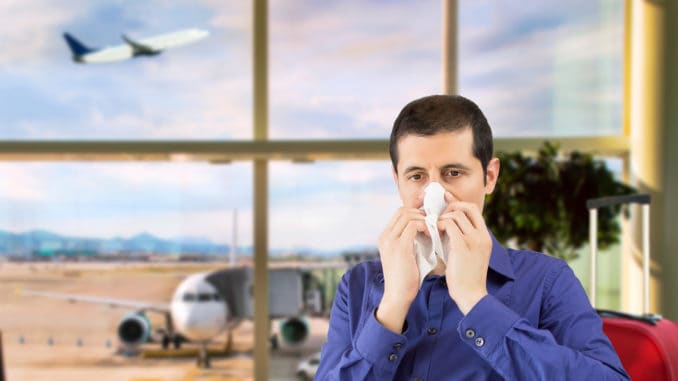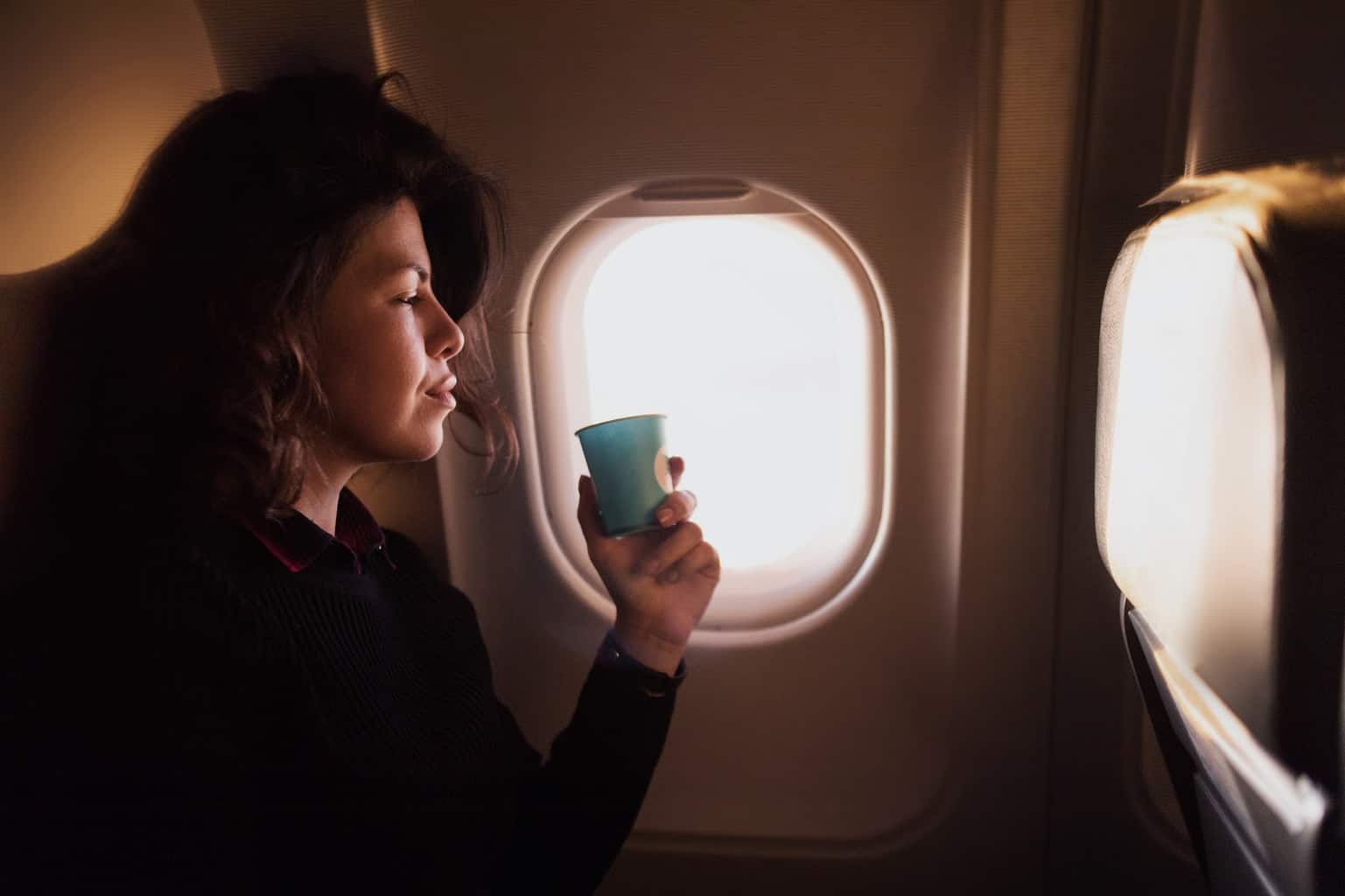
This encases your cells in armor so germs can’t infect you…

—-Important Message for Men Who Want to Live to 120—-
Eastern bloc discovery = mind blowing
I’ve discovered a hidden group of men in the Eastern Bloc who are living well past 100, even 115 and 120, and having great sex.
And I’ve identified one single thing these men are doing (that I am now doing myself) that leads to a very long and sexy life.
———-
Sprinkle this in your water before using public transport to prevent sickness
Using public transport – particularly air travel – greatly increases the risk of contracting an infection.
This is particularly true in the winter months when infections such as the flu are rampant.
Echinacea is a flowering plant related to the daisy.
It has been used as an herbal medicine for hundreds of years.
One of the alleged benefits of echinacea is preventing or fighting infections such as colds and flus.
A recent randomized controlled trial showed that air travelers were far less likely to develop a respiratory infection if they had been using Echinacea.

The researchers did this human study at the School of Pharmacy, Griffith Health Institute, Griffith University, Australia.
The Journal of Evidence-Based Complementary and Alternative Medicine published the results.
Air travel, particularly long-haul flights, increases the risk of developing respiratory infections such as colds and flu.
The recycled air means that everyone is exposed to any bug that has boarded the plane.
“Studies have investigated the increased risk of developing upper respiratory disorders such as allergic rhinitis and dry coughs, and attracting virus- or bacteria-induced respiratory infections such as the common cold during long-haul flights.”
Infections are extremely common when traveling.
And upper respiratory tract infections are the most likely affliction.
“Almost 50% of travelers experience some kind of illness while abroad, the most common being an upper respiratory infection, typically leading to 3-day debilitation during a 14-day trip.”
Echinacea has numerous beneficial effects on the immune system as well as against viral infection that make it a candidate in the prevention of respiratory infections.
“Due to Echinacea’s anti-inflammatory, antiviral and immune modulating effect, numerous clinical trials have investigated its efficacy for the treatment of the common cold.”
So this research was set up to test the ability of Echinacea to prevent upper respiratory tract infections during long-haul flights.
“We tested whether a standardized Echinacea formulation is effective in the prevention of respiratory and other symptoms associated with long-haul flights.”
The researchers recruited 175 people to take part in the study.
These people were planning to travel by plane from Australia to another continent.
“175 adults participated in a randomized, double-blind placebo-controlled trial traveling back from Australia to America, Europe, or Africa for a period of 1-5 weeks on commercial flights via economy class.”
The participants were randomly split into two groups.
One group received Echinacea tablets and the other group received inactive tablets that looked identical.
The active tablets were standardized to have 4.4 mg of alkylamides, the immune-boosting compounds in Echinacea.
Echinacea supplementation began 14 days before the participants got on the flight.
The participants continued taking Echinacea a further two weeks after their trip.
“For all participants, treatment would commence 14 days before flying overseas and would complete 14 days after returning to Australia.”
Over the course of the research, the participants completed three questionnaires.
“Each participant completed three surveys: at 14 days before travel, less than 1 week after travel and at 4 weeks after returning from travel.”
These questionnaires assessed health, particularly the incidence of respiratory tract infections.
“The surveys contained questions relating to upper respiratory symptoms, jet lag duration, headache, sleep disturbances, and cold sores.”
The researchers assessed respiratory tract infections using information from the questionnaires.
Points were accumulated for symptoms and the researchers then compared the average amount of points.
During periods of long flights, people taking Echinacea had much lower scores on this respiratory tract symptom assessment.
In fact, Echinacea was associated with a 50% decrease in respiratory tract symptoms.
“During travel, the placebo group had significantly higher infection symptom scores on average compared to the Echinacea group (26 versus 13).”
The researchers concluded that Echinacea can decrease the risk of respiratory tract infections and symptoms during long-haul flights.
“Supplementation with standardized Echinacea tablets, if taken before and during travel, may have preventive effects against the development of respiratory symptoms during travel involving long-haul flights.”
Echinacea is a relatively safe and widely used supplement.
BUT a small number of people are allergic to it, as is the case with most plants.
You should always consult a healthcare practitioner about diagnosing and treating any health-related problems.
—-Important Message—-
Fly with this in your pocket and never get sick again (even prevent coronavirus)

I’ve developed a special new form of vitamin C called Super C…
And it delivers 150x more health benefits than regular vitamin C.
See the problem is, when men take normal vitamin C, it only stays in the bloodstream for a few minutes…
But when men take SUPER vitamin C, it says in the bloodstream for HOURS…
And it penetrates the tissues, the organs, the glands, and even the brain.
So when you take Super C before getting on a plane, your cells will be encased in armor, so germs just bounce off you.
———-
